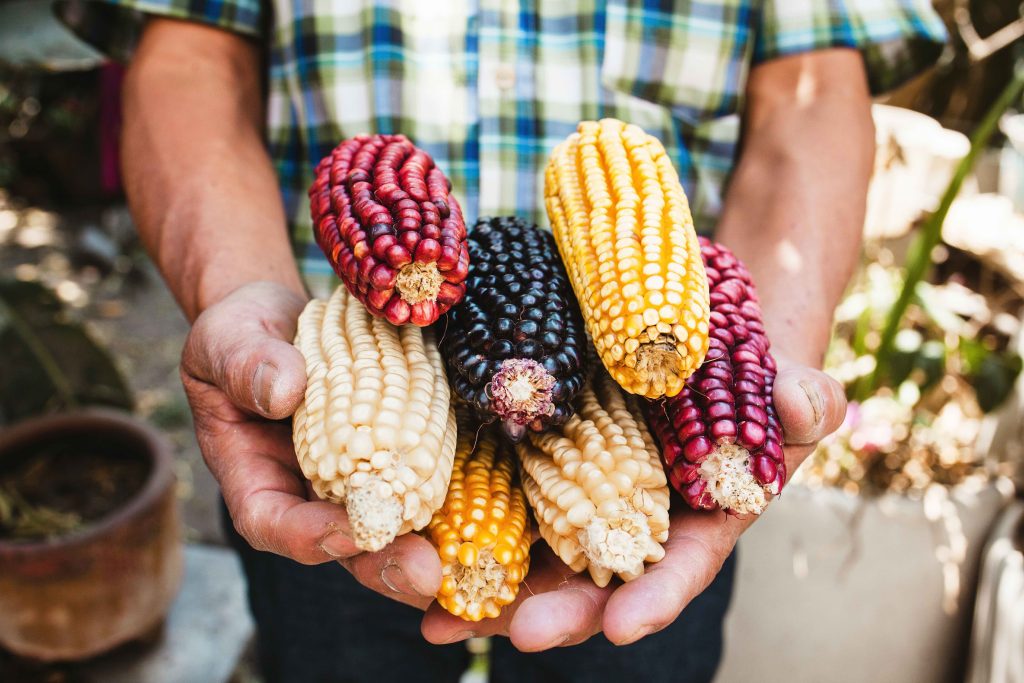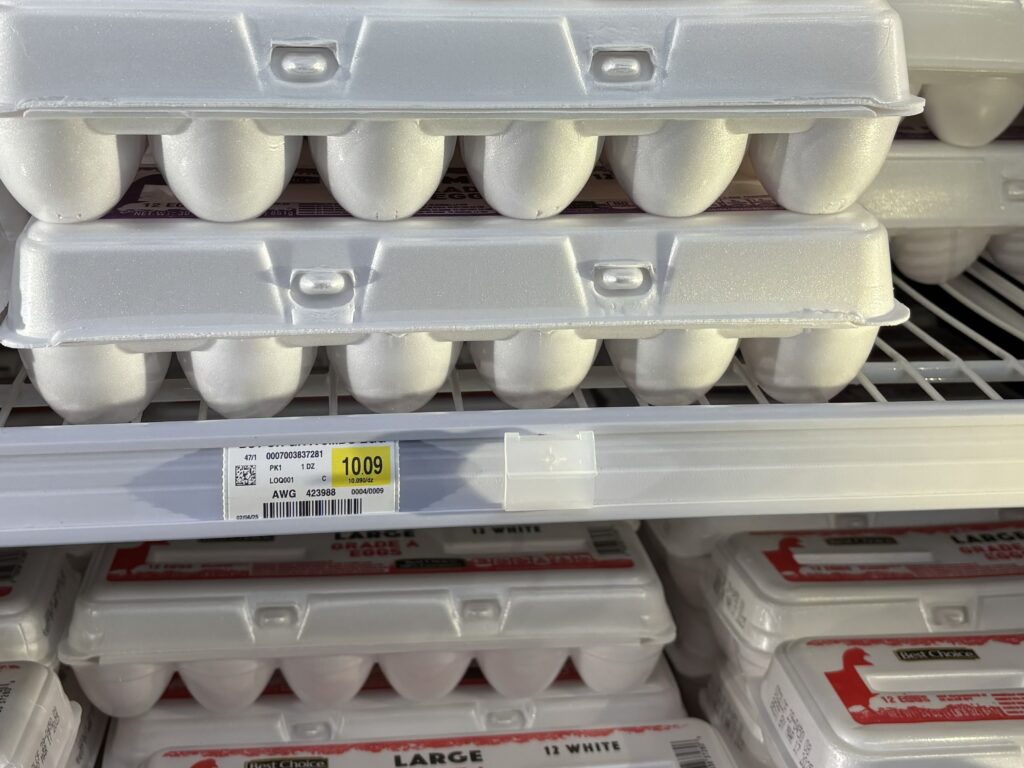Mexico is one of the world’s largest importers of corn, purchasing nearly 17 million tons from the United States each year. Most of this corn is not for human consumption; rather it’s yellow corn that gets turned into grain for feeding livestock.
Once a reliable market for U.S. corn growers, Mexico has made it clear that a market change is brewing: In late 2020, Mexico’s President Andres Manuel Lopez Obrador issued a decree phasing out genetically modified (GM) corn and the herbicide glyphosate by 2024.
Because more than 90% of U.S. corn is planted with seeds that are genetically modified to tolerate herbicides like glyphosate, this ban could eliminate 84% of our corn exports to Mexico — potentially running thousands of farmers out of business and driving major losses for the U.S. economy.
A Missed Opportunity for U.S. Farmers
The potential effects of Mexico’s ban on GM corn didn’t have to be so dire. In fact, the ban presented a tremendous opportunity for U.S. farmers: With a strong market in sight for non-GM corn, the USDA could have spent the past three years transitioning our farmers toward non-GM corn production, simultaneously providing much-needed support for our existing non-GMO farmers.
These farmers would even make a premium on their non-GM crops, putting more money into their pockets and bolstering our economy. Farm Action Local Leader Kevin Fulton has lived this transition off of GMOs and Big Ag’s treadmill with great success. His non-GM crops generate higher profits than his conventional farming ever did because he saves money by not buying expensive inputs like patented GM seeds, herbicides, and pesticides — and he can take advantage of the higher market value for non-GM crops.
Transitioning U.S. corn growers to this farming method could have been a win-win for our farmers, the economy, and just about everyone other than agrochemical and seed corporations — and therein lies the problem. Thanks to the USDA, farmers like Kevin lost a major market opportunity when the U.S. decided to prioritize the interests of Big Ag instead.
Rather than taking this opportunity to adapt our practices to meet a new demand, the USDA dug in its heels, continuing to force our GM corn onto people who don’t want it — even threatening legal action to stop the ban. Under the guise of protecting farmers, the USDA went all in on propping up agrochemical corporations based in other countries, such as Germany’s Bayer (Monsanto) and China’s Syngenta. The result was to make winners out of agrochemical corporations and losers out of everyone else.
Entrenching Our Food and Farm System With GM Crops Is Risky Business
After the U.S. threatened legal action on behalf of foreign agrochemical corporations, President Obrador recently indicated that he may exempt GM yellow corn used for livestock feed from the upcoming ban, potentially averting an economic crisis for the U.S. But continuing to push GM crops and their accompanying herbicides onto U.S. farmers and Mexican citizens makes our economy extremely vulnerable, as we’ve put all of our eggs in one basket.
Should Mexico again change its stance on exempting GM corn for livestock, we’d still face a devastating blow to our economy, with our farmers bearing the brunt of the impact. This economic devastation is an unacceptable burden to place on other countries that are free to make decisions about the food supply for their own people.
As President Obrador explained to U.S. Agriculture Secretary Tom Vilsack, “trade is one thing and health is another. And … if Mexico has to decide between trade and health, Mexico will opt for health.” The blame for any economic impacts of this ban would lie squarely on the shoulders of the USDA for not acting in response to Mexico’s original announcement in 2020.
Our government’s commitment to Big Ag’s patented GM seeds also makes our economy more vulnerable to extreme weather, diseases, and pests due to the loss of genetic diversity and innovation. Currently, 75% of the world’s food is generated from only 12 plants. If anything were to happen to those few plants, the consequences would be dire. It is imperative that we support and protect genetically diverse native crop varieties, which are often better suited for feeding our communities without trapping farmers on Big Ag’s treadmill.
Many Mexican farmers and U.S. indigenous farmers have rejected GM corn and instead focused on preserving more than 100 native corn varieties between the two countries. These native varieties require less water and are more resistant to pests since they have been bred over generations to tolerate localized conditions. It’s important to note that selective breeding to create a plant with optimal characteristics is different from artificial genetic modification done by agrochemical corporations, in which genes (sometimes from other organisms) are inserted into a genome.
For U.S. corn, 90% of the crops are genetically modified with traits that make them tolerant of herbicides like glyphosate. As we experience more extreme weather, new pests, and new diseases, diversifying our crops — not more chemicals or patented GM traits — will be essential for food system resilience.
USDA Sided With Big Ag
When Mexico’s GM corn ban was first announced, our government had an opportunity to create a pathway for farmers, with a strong market in sight, to transition away from their dependence on the consolidated agrochemical and seed industry and to generate higher profits. Had the USDA built out infrastructure and programs to support this new wave of non-GMO farmers, it would have also given a boost to our existing non-GMO farmers whose interests are not currently prioritized.
Instead of looking out for our farmers, the USDA decided it would rather go all-in on pushing Big Ag’s agenda onto everyone else. By failing to pressure consolidated seed corporations to increase the availability of non-GM seed, our government has only further entrenched farmers’ dependence upon these technologies.
Update: on December 7, Mexico offered to extend a deadline to ban genetically modified (GM) corn until 2025 and is working on a proposal to overhaul its plan, according to Economy Minister Raquel Buenrostro.
Written and edited by Jessica Cusworth and Cathy Cowan Becker; concept developed by Sarah Carden, Angela Huffman, and Joe Maxwell



